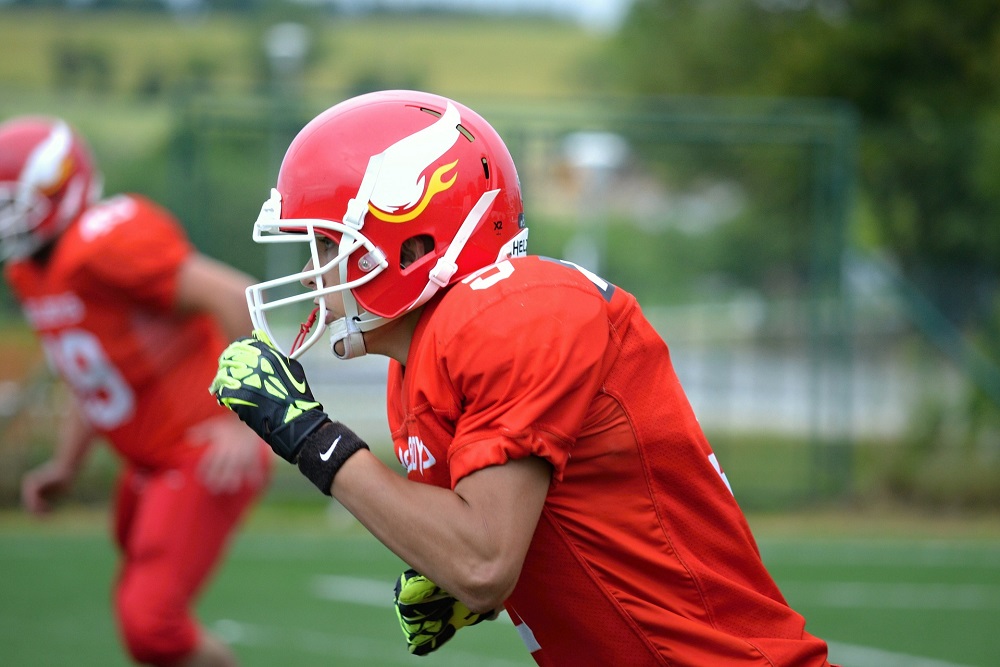Students with disabilities feel challenged, rather than encouraged despite the rise in university accessibility.
Nearly half of England’s young people are attending higher education levels, but the same is not reflected by learners with disabilities.
Individuals with special educational needs and disabilities feel that there is less likelihood of attending universities as a consequence of difficulties related to their conditions.
This trend is not based on their academic inabilities, but low expectations.
A 2018 study illustrated that disabled learners are ten percent (10%) more probable of having low educational prospects compared to their non-disabled counterparts.
As a result, Chris Skidmore the Universities Minister has asked these learning institutions to come up with strategies to lessen the observed gap. This can be undertaken by promoting and propping up disability learners’ applications.
Disabilities disclosure problem
The stigma of students revealing their disabilities has been witnessed in many learning institutions. They usually believe that such conditions will be damaging to their studies.
These sentiments are echoed by Sean Cullen who did not want to get a dyslexia diagnosis until he became a second-year university student. He is currently undertaking a Ph.D. degree at Brunel University. He also functions as a student union’s disability officer.
Cullen attained physical disabilities after he got an accident before joining a university. He is presently getting dyslexia support he ought to have gotten from the beginning.
The disclosure problem has also been propelled by the ideology that disabilities necessitated additional needs that hinder a learner’s optimal academic performance.
Efforts to address disabilities
University of Worcester’s pro-vice-chancellor Ross Renton asserts that inclusion is crucial.
He believes that as institutions it is their fundamental mandate to reflect societal issues. For instance, people irrespective of their backgrounds and conditions should be offered fulfilling lives.
Renton also persuades learners to have a precise comprehension of the available support. This should be undertaken before application.
He affirms that disability advisers exist at Worcester and they are instrumental in offering support services to students.
Furthermore, Charity AccessAble is also pivotal in mapping out the cities and sites on an app so that disability students can figure out the best reachable routes.
Renton confirms that these conversations are crucial in showing one’s disability should not be their barrier as a level playing ground is availed.
Considerable efforts are being incorporated to address disabilities in the education sector. For instance, in Denver, paraprofessionals in the special education field have been recruited.







